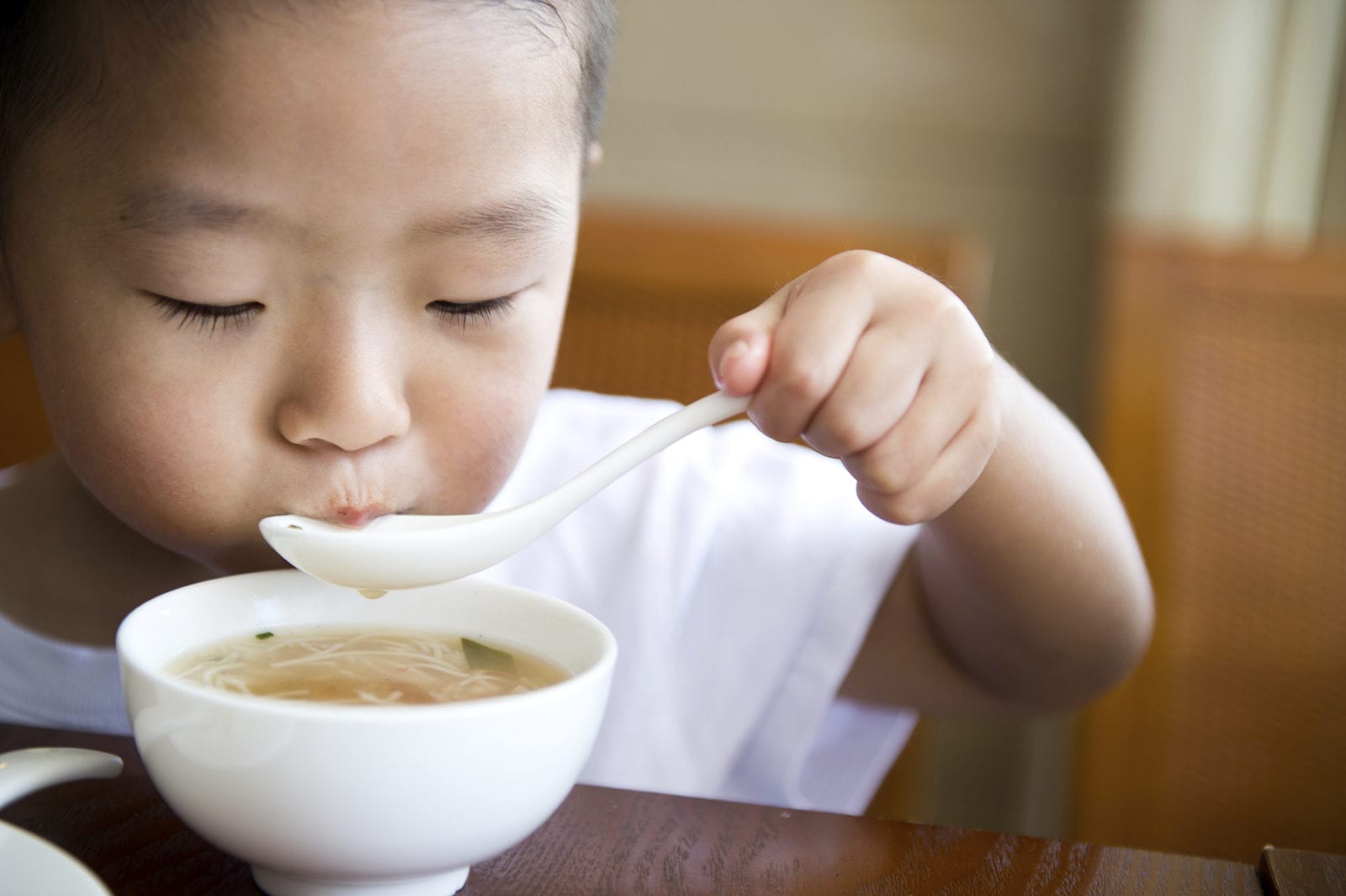Study Elevates the Importance of Soy in Human Food
- Category:
- General News

Increasing similarity in global diets is a threat to health and food security as many people forsake traditional crops such as cassava, sorghum or millet. Data collected from more than 150 nations studied since the 1960s detailed the convergence of crops toward a universal diet. The study showed rises in soybeans, wheat, rice and sunflower with soybeans, sunflower oil and palm oil becoming part of the "standard global food supply" alongside crops such as wheat, rice, maize and potato.

According to lead author Colin Khoury, a scientist at the Colombia-based International Center for Tropical Agriculture (CIAT), which is a member of the CGIAR Consortium, "More people are consuming more calories, protein and fat, and they rely increasingly on a shortlist of major food crops ... along with meat and dairy products.” He continued, "These foods are critical for combating world hunger, but relying on a global diet of such limited diversity obligates us to bolster the nutritional quality of the major crops, as consumption of other nutritious grains and vegetables declines." Mr. Khoury and his collaborators discovered two major trends: first, there are places where diets are diversifying and those places are adding crops. Second, because more varieties of food are available in more areas, those menus are becoming more similar to each other with more reliance on global megafoods with smaller crops being pushed aside.
With the trend toward fewer crops, disastrous risks, such as disease, rise. Governments and international organizations can still help safeguard diversity by preserving the many genetic varieties of megacrops and preserving and encouraging the cultivation of smaller crops. The study calls for urgent efforts to better inform consumers about diet-related diseases and to promote healthier, more diverse food alternatives. The researchers single out five actions that are needed to foster diversity in food production and consumption and thus improve nutrition and food security: